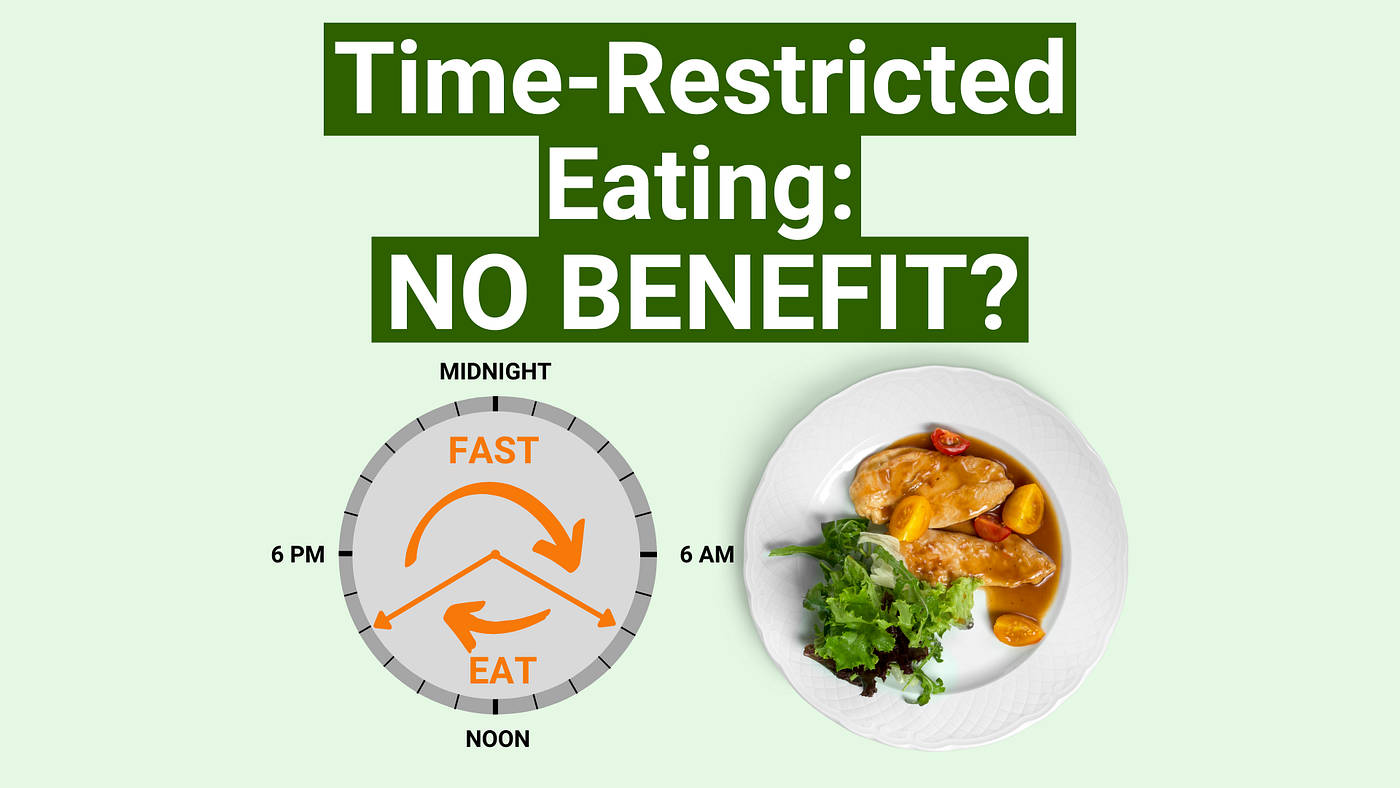Are you tired of trying endless diets that just don’t work? What if there was a simple way to lose weight without cutting out your favorite foods or spending hours at the gym?
Intermittent fasting might be the key you’ve been searching for. This approach isn’t about what you eat, but when you eat. Curious how it works and if it’s right for you? Keep reading to discover the secrets behind intermittent fasting for weight loss and how it can transform your body and boost your energy.
Intermittent Fasting Basics
Intermittent fasting is a way to eat by cycling between eating and fasting periods. It helps many people lose weight and improve health.
This method focuses on when you eat, not what you eat. It can be simple to follow and fits many lifestyles.
Common Fasting Methods
There are several popular ways to do intermittent fasting. Each method has different fasting and eating times.
- The 16/8 method: Fast for 16 hours, eat during an 8-hour window each day.
- The 5:2 method: Eat normally five days a week, eat very little on two non-consecutive days.
- Eat-Stop-Eat: Fast for 24 hours once or twice a week.
- The Alternate-Day Fasting: Eat normally one day, fast or eat very little the next.
Choose a method that fits your schedule and feels comfortable to you.
How Fasting Affects The Body
Fasting changes how your body gets energy. It uses stored fat instead of food calories during fasting.
Fasting can lower insulin levels and increase hormone levels that help burn fat. It may also improve metabolism.
- Insulin drops, making fat easier to use for energy.
- Human growth hormone rises, aiding muscle maintenance.
- Cells start repair processes and remove waste.
- Metabolism may speed up slightly, burning more calories.
Fasting And Weight Loss
Intermittent fasting is a way to cycle between eating and not eating. It can help some people lose weight.
This approach focuses on when you eat, not just what you eat. It can change how your body burns fat.
Calorie Reduction Effects
When you fast, you eat fewer meals. This often lowers your total calorie intake.
Eating fewer calories helps your body use stored fat for energy. This leads to weight loss.
- Fasting limits the hours you eat each day
- Less eating usually means fewer calories
- Lower calories help reduce body fat
Metabolic Changes During Fasting
Fasting changes how your body uses energy. It shifts from using sugar to using fat as fuel.
This shift increases fat burning and improves metabolism. It can also affect hormone levels.
- Insulin levels drop, helping fat release
- Growth hormone levels increase, aiding fat loss
- Metabolism speeds up to burn more calories
Health Benefits Beyond Weight Loss
Intermittent fasting helps many people lose weight. It also offers other health benefits that improve overall wellness.
These benefits include better insulin use, heart health, and brain function. Let’s explore how intermittent fasting supports these areas.
Improved Insulin Sensitivity
Insulin helps control blood sugar. Intermittent fasting can make your body more sensitive to insulin.
This means your body uses sugar more efficiently. It may lower the risk of type 2 diabetes and keep energy levels steady.
- Better blood sugar control
- Lower risk of insulin resistance
- Reduced chance of diabetes
Heart Health Improvements
Intermittent fasting can improve heart health by lowering bad cholesterol and blood pressure. These changes reduce heart disease risk.
It also helps reduce inflammation in the body, which is linked to heart problems.
- Lower blood pressure
- Reduced LDL (bad) cholesterol
- Less inflammation
Brain Function Boosts
Fasting supports brain health by increasing brain hormone levels. This can improve memory and learning.
It may also protect brain cells from damage and reduce the risk of diseases like Alzheimer’s.
- Better memory and focus
- Protection against brain aging
- Reduced risk of neurodegenerative diseases

Scientific Evidence On Fasting
Intermittent fasting is a popular way to lose weight. It means eating only during set times and fasting the rest of the day.
Scientists have studied how fasting affects the body and weight loss. They look at how it changes metabolism and fat use.
Key Research Findings
Studies show intermittent fasting can reduce body fat and improve blood markers. It helps lower insulin levels and boosts fat burning.
Fasting can also reduce calorie intake without feeling very hungry. This helps people eat less overall and lose weight.
- Fasting lowers insulin, which helps fat loss
- It increases hormone levels that burn fat
- People often eat fewer calories naturally
- Some studies show weight loss similar to dieting
Long-term Results
Long-term studies find intermittent fasting can keep weight off. It also improves health markers like cholesterol and blood sugar.
Some research shows fasting is as effective as daily calorie restriction over months. People can stick to fasting plans well.
- Fasting supports steady weight loss for months
- It improves heart health and metabolism
- People report easy adherence to fasting schedules
- More studies are needed for effects after years
Starting Intermittent Fasting
Intermittent fasting means eating during set times and fasting the rest of the day. It helps some people lose weight by reducing calorie intake.
Starting intermittent fasting can seem hard at first. It is important to find a plan that fits your lifestyle and body needs.
Choosing The Right Method
There are many ways to do intermittent fasting. Choose one that matches your daily routine and hunger levels.
Some popular methods include fasting for 16 hours and eating for 8 hours, or fasting for 24 hours once or twice a week.
- 16/8 method: fast 16 hours, eat in an 8-hour window
- 5:2 diet: eat normally 5 days, limit calories 2 days
- Eat-Stop-Eat: fast 24 hours once or twice a week
- Alternate-day fasting: fast every other day
Tips For Success
Start slowly to let your body adjust to fasting. Drink plenty of water and avoid sugary drinks during fasting times.
Listen to your body and stop fasting if you feel very weak or dizzy. Keep meals healthy and balanced during eating periods.
- Begin with shorter fasting times and increase gradually
- Stay hydrated with water, tea, or black coffee
- Eat nutritious foods like vegetables, protein, and healthy fats
- Get enough sleep to support your fasting routine

Potential Challenges
Intermittent fasting can help with weight loss, but it is not always easy. Some people face challenges while following this eating pattern.
Understanding these challenges can help you prepare and stay on track. Below are common issues you might meet and ways to handle them.
Managing Hunger
Feeling hungry is a common problem during fasting periods. Your body is used to eating regularly, so skipping meals can cause hunger pains.
To manage hunger, drink plenty of water. Sometimes thirst feels like hunger. You can also drink herbal tea or black coffee to help reduce hunger.
- Drink water often to stay full
- Try herbal teas or black coffee
- Stay busy to keep your mind off food
- Break your fast with healthy, filling foods
Common Side Effects
Some people may feel tired, weak, or dizzy when they start intermittent fasting. These side effects happen because the body is adjusting.
You might also experience headaches or trouble concentrating. These effects often pass after a few days as your body adapts to the new eating schedule.
- Fatigue and low energy
- Dizziness or lightheadedness
- Headaches
- Difficulty focusing

Frequently Asked Questions
What Is Intermittent Fasting For Weight Loss?
Intermittent fasting is a diet pattern that alternates between eating and fasting periods. It helps reduce calorie intake and boost metabolism, promoting fat loss effectively.
How Does Intermittent Fasting Help Burn Fat?
During fasting, insulin levels drop, triggering fat burning for energy. This process enhances fat loss and improves overall metabolic health naturally.
Is Intermittent Fasting Safe For Everyone?
Intermittent fasting is generally safe for healthy adults. However, pregnant women, diabetics, and those with medical conditions should consult a doctor first.
How Often Should I Fast For Weight Loss?
Common fasting schedules include 16:8 or 5:2 methods. Choose a routine that fits your lifestyle and is sustainable long term.
Conclusion
Intermittent fasting can aid weight loss. It encourages healthier eating patterns. This approach limits eating to specific times. Many find it easier than strict diets. It may boost metabolism and improve health. Always consider personal health needs first. Consult a doctor if unsure.
Fasting isn’t for everyone. Listen to your body. Ensure you’re eating balanced meals. Stay hydrated and make informed decisions. Success comes with consistency and patience. Explore what works best for you.



